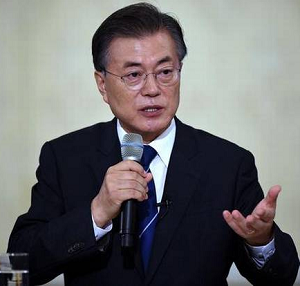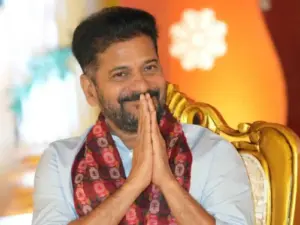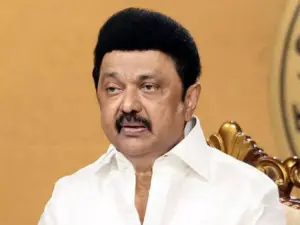
There will be no war on the Korean peninsula, South Korean President Moon Jae-in said on Thursday, saying Seoul effectively had a veto over US military action in response to the North’s nuclear and missile programmes.
Tensions have soared on the peninsula in recent months, with Pyongyang carrying out its first successful tests of an intercontinental ballistic missile (ICBM), bringing much of the US within range.
Last week it threatened to send a salvo of rockets towards the US territory of Guam — although it appears to have backed off for now — while US President Donald Trump promised “fire and fury” and said that Washington’s weapons were “locked and loaded”.
The intense rhetoric on both sides has raised fears of a miscalculation leading to catastrophic consequences — Pyongyang has vast artillery forces deployed within range of Seoul, where millions of people live.
But Mr. Moon said: “I will prevent war at all cost.”
“I want all South Koreans to believe with confidence that there will be no war,” he told a press conference marking his first 100 days in office.
The United States has been the South’s security guarantor since the end of the Korean War in 1953, which left the peninsula divided and technically still in a state of conflict with no peace treaty signed.
Washington has 28,500 troops stationed in the country to protect it from the North.
But Mr. Moon said Seoul effectively had a veto on military action by the US.
Washington and Mr. Trump had agreed that “no matter what option they take about North Korea, all decisions will be made after consulting with and getting agreement with the Republic of Korea.”
Mr. Trump’s rhetoric has raised alarm among observers but Moon, who visited Washington at the end of June, declined to criticise his choice of words.
The US leader was “trying to pressure North Korea by showing a firm resolution”, he said.
He added: “All South Koreans have worked so hard together to rebuild the country from the ruins of the Korean War. We can’t lose everything with another war.”
Red line
Pyongyang says it needs nuclear weapons to defend itself from possible invasion by its “imperialist enemy” the US and has long sought to develop a nuclear-tipped missile capable of hitting the US mainland.
The North has been subjected to seven sets of sanctions by the United Nations Security Council over its nuclear programme, the latest earlier this month, with China, its main ally and benefactor, promising to comply.
Beijing has grown increasingly exasperated with its wayward neighbour, but fears instability and the prospect of US troops on its border in a united Korea.
In the past Mr. Moon, a left-leaning former human rights lawyer, has urged engagement with Pyongyang to bring it to the negotiating table, in addition to sanctions — an approach that raised concerns it could create divisions with Washington.
But since coming to power his gestures have been rebuffed by Pyongyang, and he played down the urgency of dialogue.
“I don’t think we must rush into it,” he said.
For talks to take place, he said, “there must be a guarantee that it will lead to a fruitful outcome.
“North Korea must at least end additional provocations to create the mood for dialogue.”
Only then could Seoul consider sending an envoy to the North, he added.
“The red line would be North Korea completing its ICBM and mounting it with a nuclear warhead and weaponising it,” he added.
“If North Korea launches another provocation, it will face even stronger sanctions and it will not be able to survive them. I would like to warn North Korea to end its dangerous gamble.”
The North’s leader Kim Jong-Un said on Tuesday he would “watch a little more” before making a decision on the Guam missile launch, a declaration Mr. Trump lauded as “very wise”.
But the US and South Korea are set to begin their annual 10-day Ulchi Freedom Guardian joint exercises on Monday, involving tens of thousands of troops, which the North has long slammed as a rehearsal for invasion.
Pyongyang has often staged provocations as a show of force against past military drills, such as missile launches or movements of its arsenal and troops along the tense border.
Recent Random Post:
















